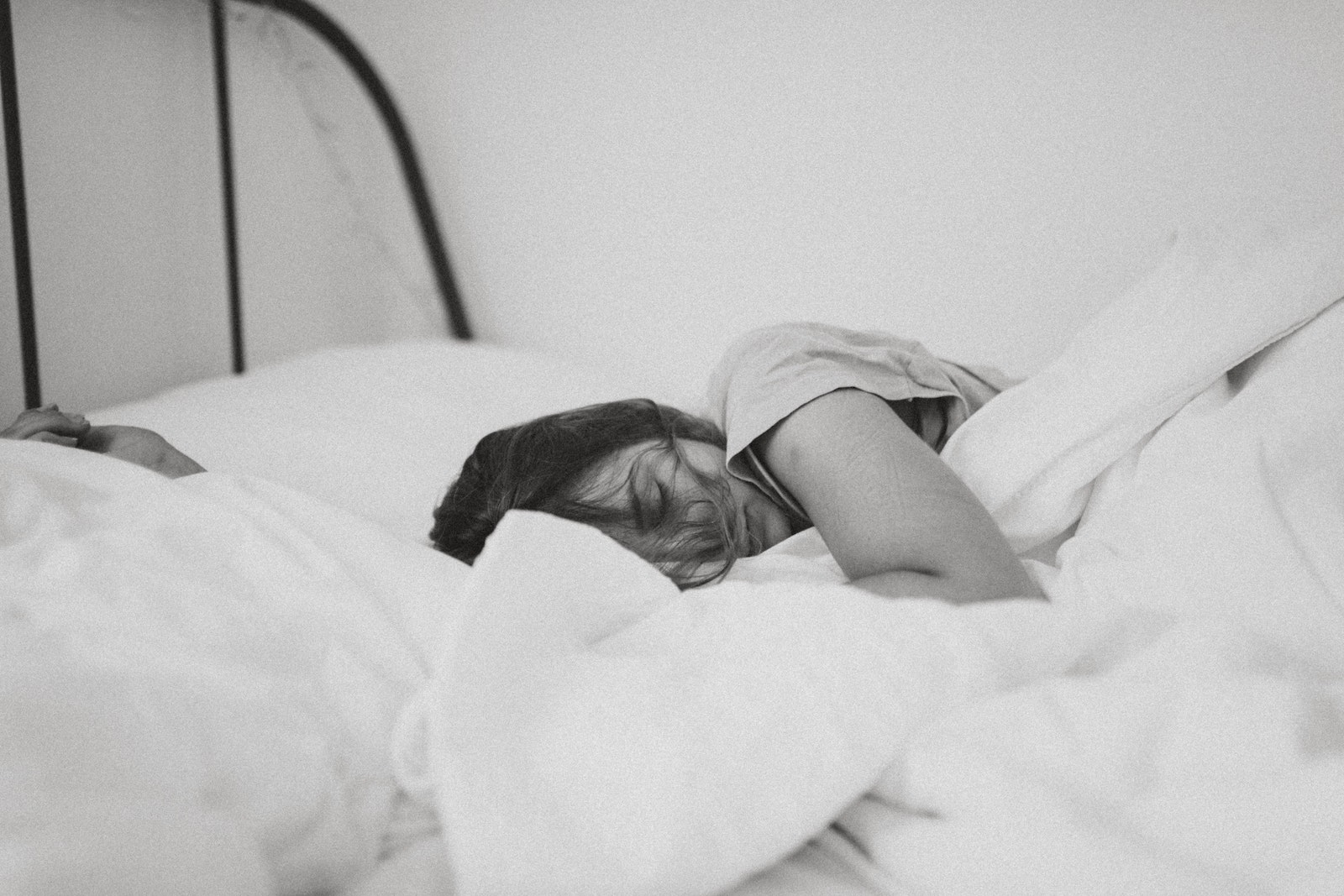So Loved by Judy Richardson

At first, my throat scratched a bit, maybe because I had been talking or laughing too much at the party, a lively celebration, stocked with tributes, a slide show, drinks, and food. I masqued my sadness during the evening, but my body couldn’t hold out long against the sorrow. Mourning and celebrating a life one at a time suits me better instead of combining them together, but this event was the family’s choice. By the time we had driven the 70 miles home, my head hurt, and my body ached. I probably inhaled the virus amidst the friends and relatives crowded into a room meant for 20 but hosting more than 40 people.
Usually, I bounce back quickly but not this time. My battery lost a lot of energy; the recharge is taking its time. My husband hovers, asking if I’d like soup or tea. He kisses my forehead and tells me he’s sorry I have such a bad cold. My cough kicks in before I can assure him it will pass. But yes. Could he bring me the cough medicine and pills? I blow my nose again and cough up phlegm. Seven days later and still my sore throat persists. Sitting or lying down, I am dizzy. I sleep, I doze, I read. Even reading is an effort.
***
I remember being ten, on a Saturday when my mom and I were doing the laundry in our basement. After the wash cycle, we fed the wet garments into the mangle. Normally when the sun was out, I’d hang the clothes in the backyard, carefully avoiding my father and brothers weeding, mowing, and raking. But this particular Saturday was dreary; the clothes had to be hung inside across lines strung from the ceiling. Mom snuffled and coughed, swaying slightly off balance. She had been fighting the cold for three days but couldn’t fend it off. I’d told her I could finish up, that she should go to bed.
I knew the job well by now, always saved for Saturday because everyone had better be occupied when my father was. And he always had projects planned for Saturdays. The rain meant he was at his indoor workspace on the other side of the basement stairs. I heard him swearing over the buzzing of the electric saw. But at least I wasn’t right next to him, like my three brothers (5,6, and 8) had to be. I knew they were trying to keep their distance, wary of being swatted when they handed him tools.
Mom started coughing, which turned into a moan. “I’m so sick. I should be in bed.”
“Well, then, goddammit, go to bed. Who wants to hear you whining?”
He’d come around to our side of the basement and now yanked her arm, pulling my mom off balance. She stumbled as he pushed her to the basement steps. Then he stepped over her and from above, yanked at her hair, and then grabbed her shoulders. Dragged her like a sack of potatoes, he pulled her through the kitchen and up the second set of stairs to the bedroom. She didn’t protest, even when her head banged against a stair. I heard the springs bounce as she landed on their bed.
“Don’t get up until you can stop moaning.”
My brothers had stayed put in the basement, too scared to move. But I followed, picking up her shoes that had loosened and fallen off. I stayed on the other side of the hallway until he stormed back downstairs. I found cough medicine and cough drops in the bathroom cabinet and placed them on the bedside table. Then I tiptoed out, not wanting to watch her cry. The clothes needed to be put through the mangle before they wrinkled.
***
I see my father forty years later, during the time my mother was dying of cancer. He slept in the spare bedroom and seldom visited her bedside. I heard as I sat beside her bed, his conversation in the next room with the minister. How would he “deal with” her death at home? The minister advised him to disregard his promise to mom that she could die at home, where she wanted to be. He should call an ambulance because that would be “easier” on my father. And so, I sat beside my mom in the ambulance, holding her hand one last time, as she went to die alone in a foreign bed.
When I returned to the house, I laid down on her side of the bed and cried hard, loud, mad. When I came out, I went to the guest room where I was staying and slept until – in the middle of the night – my father knocked on the door while shouting, “Your mother is dead.”
***
Fifteen years after, my father lay dying in a hospital bed, comatose. I visited him daily, although I doubt he knew. The nurse commented that I must have loved him very much. I looked at her, shook my head, and whispered, “No.” I didn’t explain that this was a duty, not an act of love at all. I did for him what he should have done for Mom.
***
Like this cold of mine, some colds just do one in and can’t be beaten back. But I am sleeping through most of mine, waking to my husband’s concern and pampering. He’s washed the clothes, put them in the dryer, and will fold them. I wish my mother had felt so loved.
 Judy Richardson lives in Richmond, Virginia. Before retiring, she was a university professor and wrote numerous articles for academic journals as well as three textbooks. She has served as a Fulbright Scholar and resided for brief times in three countries. She loves to travel. She also enjoys mentoring refugees.
Judy Richardson lives in Richmond, Virginia. Before retiring, she was a university professor and wrote numerous articles for academic journals as well as three textbooks. She has served as a Fulbright Scholar and resided for brief times in three countries. She loves to travel. She also enjoys mentoring refugees.
